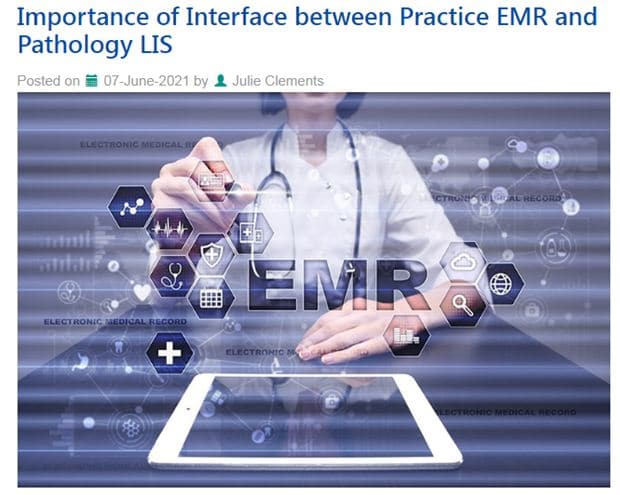 On February 26, 2014, Kentucky Governor Steve Beshear signed into law Senate Bill 7 (SB7), expanding the prescribing authority of Advanced Practice Registered Nurses (APRNs) in Kentucky. The law puts a program in place to allow KY nurse practitioners to collaborate with practicing physicians to prescribe non-scheduled legend drugs. It also allows ARPNs to prescribe routine medications independently if they have been prescribing with a collaborative agreement under the supervision of a physician for four years in the state or have been prescribing routine medication for at least four years in another state either independently or under a collaborative agreement.
On February 26, 2014, Kentucky Governor Steve Beshear signed into law Senate Bill 7 (SB7), expanding the prescribing authority of Advanced Practice Registered Nurses (APRNs) in Kentucky. The law puts a program in place to allow KY nurse practitioners to collaborate with practicing physicians to prescribe non-scheduled legend drugs. It also allows ARPNs to prescribe routine medications independently if they have been prescribing with a collaborative agreement under the supervision of a physician for four years in the state or have been prescribing routine medication for at least four years in another state either independently or under a collaborative agreement.
The passage of SB7 offers several benefits:
- The law is expected to resolve the problem of provider shortage in Kentucky. More and more people are entering the regular health care system with Obamacare and the expansion of Medicaid. These newly insured people will be looking for primary and preventive care services, even as more than 70% of Kentucky counties have partial or full designation as primary care Health Professional Shortage Areas (HPSA). The new law can address this primary care physician shortage and the projected shortfall by offering flexibility to nurse practitioners. It allows more consumers to access the primary care provided by these practitioners.
- Also, by permitting independent prescribing by ARPNs, the new legislation will improve the access to high-quality primary care and medications including antibiotics, insulin, cholesterol, anti-hypertension and diabetes medicines.
Though ARPNs are allowed to independently prescribe routine medications, they are not able to prescribe controlled substances without a collaborative agreement under the new law.
The major problem with drug prescriptions is medication errors, which can have fatal consequences and result in costly law suits for health care practitioners. So when the prescribing authority expands, nurse practitioners need to be wary of making medication errors. Prescription of drugs requires knowledge of diagnosis, interactions and contradictions and a technical component including the communication of critical information such the name of the drug, dosage, and form of administration. As the provision of independent prescribing is given for nurse practitioners who have been prescribing under a collaborative agreement for at least four years, they can manage the first part better. It is in the second part that errors are likely to happen. Health care experts point out the following reasons for medication errors:
- Illegible or poor handwriting
- Use of dangerous abbreviations
- Trailing zero after a decimal point while writing the dosage (can lead to 10-fold medication error, for example – 1.0 mg misinterpreted as 10 mg)
- Not writing the purpose of the medication
- Inadequate contact information for the pharmacist
Accurate transcription of medication histories are an important factor when it comes to preventing prescription errors. In addition to preventing mistakes in prescription, error-free medication histories are also useful in identifying drug-related pathology or changes in clinical symptoms that could result from drug therapy.
As more consumers depend on nurse practitioners owing to the shortfall of primary care physicians, they would benefit by relying on a professional medical transcription service to prevent inadvertent errors and proper documentation of medication history with all prescribed drugs, previous adverse drug reactions, over-the counter medications, and adherence to medication and therapy.


